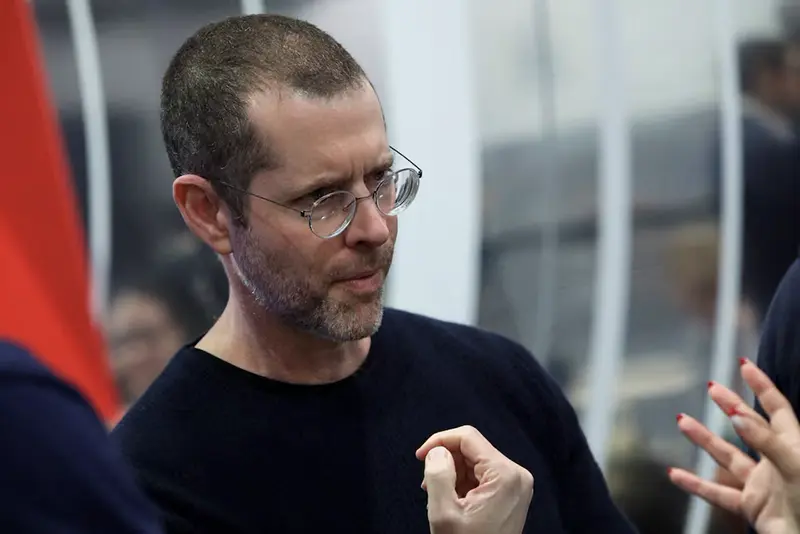March 22, 2024 – 4:15 AM PDT

BEIJING (Reuters) – A Netflix adaptation of a Chinese science-fiction classic “The Three-Body Problem” found a large audience in China on the first day of its release despite the streaming service not being available there, and prompted immediate debate on social media.
The Netflix series “3 Body Problem” is an adaptation of the first novel in a trilogy by Chinese author Liu Cixin, and made for the screen by the creators of “Games of Thrones”.
Liu’s novel has sold millions of copies since it was published in Chinese in 2008 and counts former U.S. President Barack Obama among its fans. The English translation was the first novel by an Asian writer to win science fiction’s Hugo Award for best novel.
The Netflix version, like the English translation of the novel, starts with violent scenes from China’s Cultural Revolution in the 1960s, events that set in motion a plot that includes an impending alien invasion.
The new series was trending on Chinese social media platform Weibo on Friday with 21 million views so far and was first on the platform’s “top hot” trend rankings despite Netflix being officially inaccessible in China.
Chinese viewers would have had to watch the Netflix series from behind a VPN or on a pirate site.
“Jaw dropping” moments for Chinese viewers included an opening scene where a prominent scientist is beaten to death by paramilitary Red Guards, a depiction of recent history that remains controversial in China.
“The first scene made my jaw drop. Even though I had anticipated this, the scene still startled me,” said one Weibo user.
The video unit of Tencent Holdings (0700.HK) released a 30-episode, Chinese language adaptation of the series last year. On Monday, seeking to capitalise on the publicity, Tencent Video released a streamlined version, and many online commentators said the made-in-China version was better.
The tagline “China version wins” was shown as trending on Weibo on Friday as one of the most-discussed topics of the day.
Others objected to the way the Netflix adaptation shifts the action from China to a group of British physicists nicknamed the “Oxford Five”. That showed “Westerners fundamentally can’t accept the idea of Chinese people inventing cutting-edge technology”, one viewer posted on the ratings and social network site Douban.
Another Douban user said Netflix had short-changed the Chinese elements of the story for “a Hollywood product that values individual heroism”.
Some viewers said critics were missing the point: a work of Chinese fiction was becoming even more widely known around the world. “Is it somehow a bad thing for the Netflix adaptation to become a global sensation?” a third Douban user said.
Reporting by Albee Zhang and Kevin Krolicki; Editing by Lucy Marks

